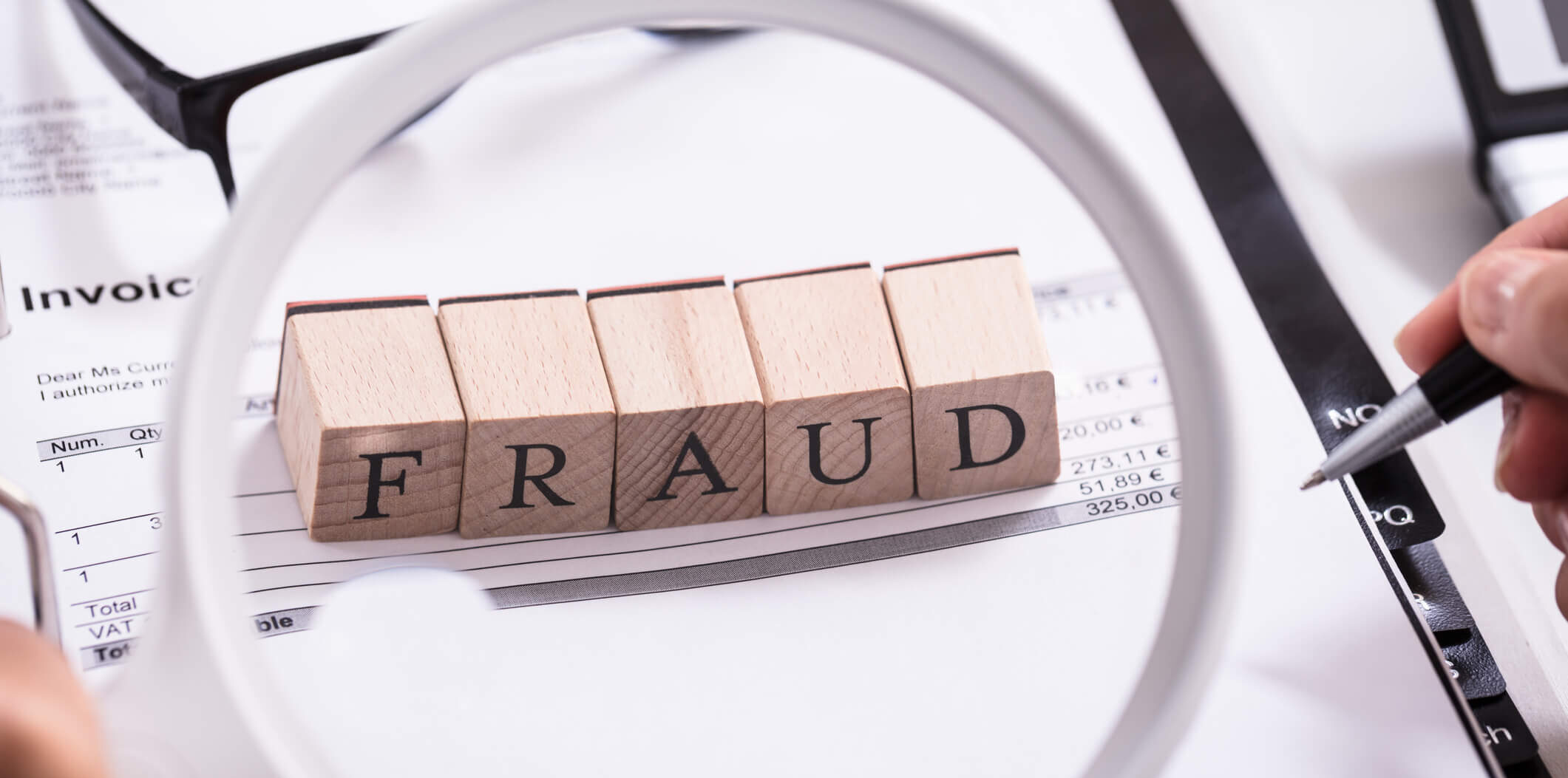You are savvy. You can spot a spam message from a mile away, and would never loan money to a Nigerian prince.
You use a password manager. You always opt into multifactor authentication.
You couldn’t be scammed, right?
Wrong. Cyber predators are crafty, always changing tactics. And they can hit anyone.
Take, for example, the recent case of Andy Cohen. Cohen, an executive producer for the Real Housewives franchise on Bravo, and host of CNN’s New Year’s Eve live coverage, recently lost money – a lot of money – to cyber predators.
Cohen lost his debit card. It could happen to anyone.
He reported it lost to the bank. Later, he received an email supposedly from his bank’s fraud department. He assumed it was legitimate and about his reported lost card.
The scammers provided a link for Cohen to log into his bank accounts, giving them access to his account information and passwords. He got suspicious when the link asked him for his AppleID. He immediately signed out.
Later, the fraudsters called Cohen, pretending to be his bank. His caller ID even indicated the bank was calling. Cohen spent over an hour on the phone, purportedly “verifying” fraudulent vs. legitimate charges.
The “bank” then asked Cohen to forward on a series of codes that were sent to him. Receiving legitimate codes from his bank, he did so. Those turned out to be wire authorizations.
Before Cohen knew it, significant amounts were wired, in three separate transactions, out of his accounts. Only when he checked his account information the following day, and called his bank himself, did he realize what had happened.
That money is gone. The accounts into which the money was wired had been immediately closed. There is no way to recover funds once they are wired out of an account.
So, what could Cohen have done to protect his funds?
First, verify the email address of any link that purports to be from a financial institution. Click on the sender’s email name to confirm it comes from an email tied to that institution, and don’t rely on the “sender” logos or information displayed in an email.
Second, pay attention to and follow up on any red flags, even small ones. Call your bank yourself. Don’t rely on the bank to reach out to you.
Finally, don’t be afraid to go into a bank branch in person to verify information. Your financial institution is there to help and to keep your money safe. Use them.
And make your 2024 resolution, in honor of Cohen, to not fall victim to scammers.






